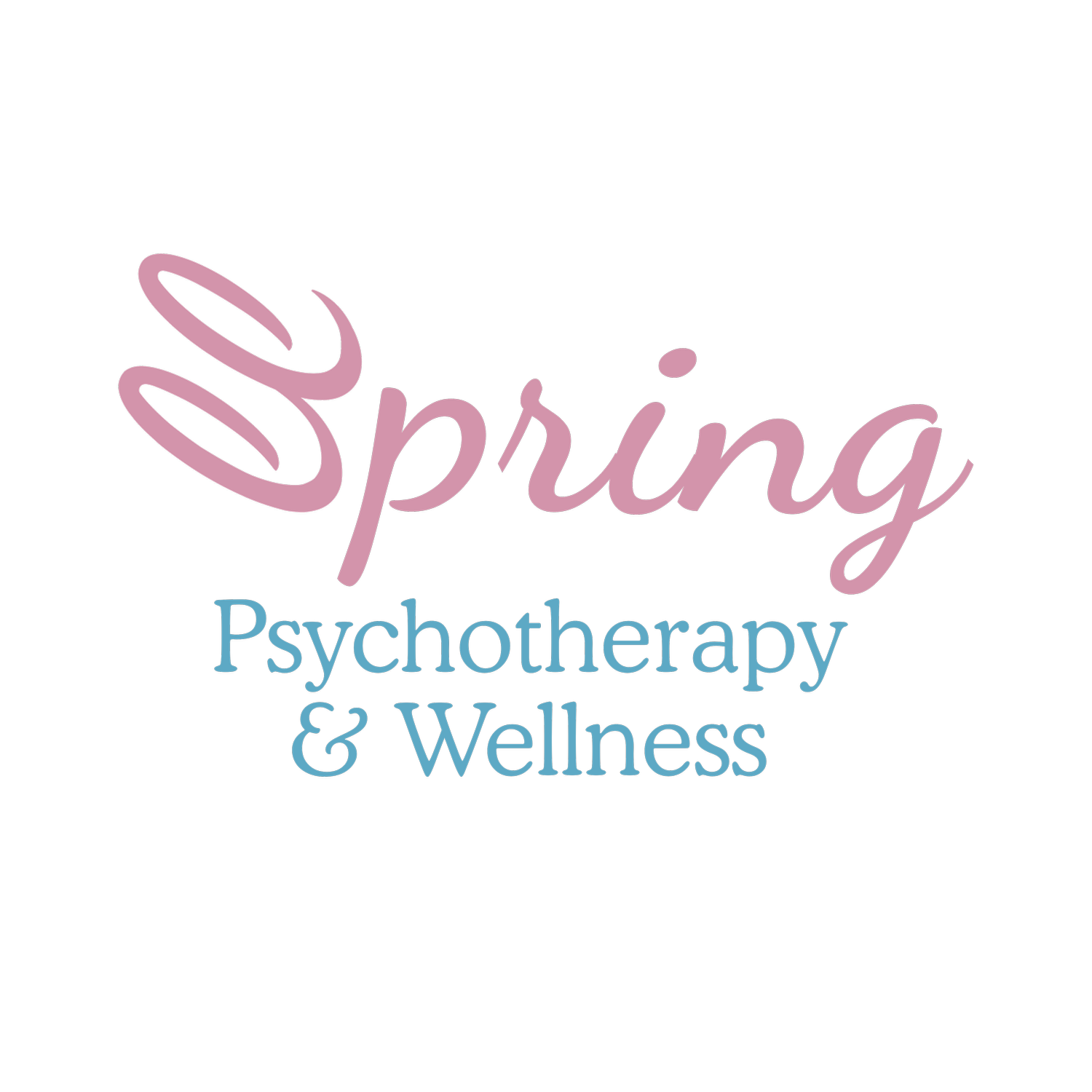Parental Self-Care For When Your Teen is In Recovery
Watching your child struggle with an eating disorder (ED) is an incredibly stressful and emotionally draining experience. The constant worry, the mealtime battles, the feeling of helplessness – it can take a toll on even the strongest parent. But here's the harsh truth: you can't effectively support your child's recovery if you're running on fumes.
Prioritizing your own well-being isn't selfish, it's essential. It's like putting on the oxygen mask on an airplane first: you need to take care of yourself to be able to take care of others. Here's why self-care matters for parents of children with EDs:
Reduced Stress: Chronic stress can exacerbate your own anxiety and make it harder to cope with your child's challenges. Self-care practices like exercise, relaxation techniques, and spending time in nature can significantly reduce stress levels.
Improved Emotional Resilience: Taking care of yourself emotionally allows you to be a stronger emotional support system for your child. You'll be better equipped to deal with difficult conversations and setbacks.
Enhanced Patience and Empathy: The road to recovery is rarely smooth. Self-care helps you maintain patience and stay empathetic towards your child, even during frustrating moments.
Role Modeling Healthy Habits: By prioritizing your own health, you're showing your child the importance of self-care and a positive relationship with food and exercise.
So, how do you actually practice self-care when you're drowning in worry? Here are some actionable tips:
Schedule Time for Yourself: Even if it's just 15 minutes a day, carve out some time for activities you enjoy, whether it's reading a book, taking a walk, or connecting with friends.
Don't Be Afraid to Delegate: Lean on your partner, family, or friends for help with household chores or childcare. This frees up time for you to focus on your well-being.
Seek Professional Support: Talking to a therapist can be incredibly helpful for processing your emotions and developing coping mechanisms for dealing with your child's ED.
Join a Support Group: Connecting with other parents who understand your struggles can be a source of invaluable support and encouragement.
Remember: Taking care of yourself isn't a luxury, it's a necessity. By prioritizing your own well-being, you'll be better equipped to support your child on their journey to recovery.
Available Resources:
Monte Nido Eating Disorder Centers: https://www.montenido.com/
National Alliance on Mental Illness (NAMI): https://www.nami.org/
SAMHSA National Helpline: 1-800-662-HELP (4357)
The Jed Foundation: https://jedfoundation.org/
The Trevor Project: https://www.thetrevorproject.org/

